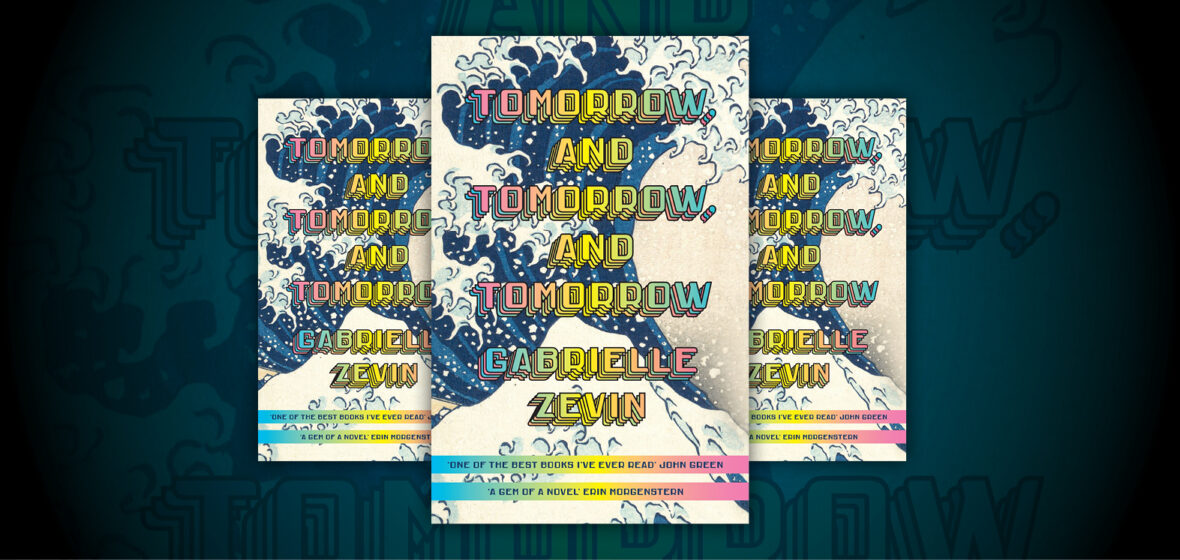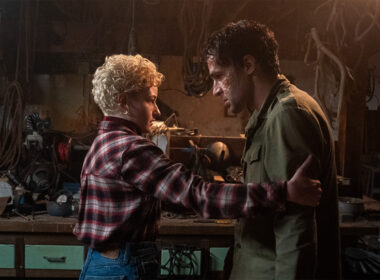You do not have to know much about video games to appreciate, or even love, this rich and complex novel. Though approaching one year on the market, Tomorrow, and Tomorrow, and Tomorrow is still frequently sold out at bookstores due to its booming popularity on BookTok, the reader hub of TikTok. It is a viral sensation about the virtual world: the prizes hidden in its levels, the pitfalls of a false world where a doomed life can always reset.
Sadie and Sam meet as early teenagers in the games room of a children’s hospital, where Sadie is visiting her gravely ill sister and Sam is looking for distraction following a car accident that left him with a severely broken foot. Their friendship is forged, as so many late 1980s bonds were, through hours spent playing Super Mario Bros. The ease of their gaming connection gives way to an adolescent complication and their paths diverge, only to meet again some years later in a crowded train station. Once a recreation, video games soon become their profession as they decide to team up and develop their first game; an Odyssey tale, a hero’s journey of a lost child, Ichigo, trying to make their way home.
The bulk of the book is spent on Sadie and Sam’s transformative partnership and how they both adjust to financial, critical and commercial success throughout their twenties and thirties. Zevin, an experienced hand in this, her tenth novel, canvasses gender identity and inequality in the gaming word (Sadie’s creative acumen is frequently attributed to Sam), disability, the rise of alt-right violence and racism in powerful small moments and asides that never feel laboured or didactic.
Sadie and Sam are at times, individually and together, easy to feel frustrated by. That they have to live with the consequences of their decisions and actions—no chance for a reset—is at odds with the video games they create, where a character’s life does not end but endlessly starts over. The title is borrowed from one of the most famous soliloquies in Macbeth; a nod to the relentless coming of each day, followed by another, and another, in a continuum. In games, the counter can always go back to zero once the “brief candle” goes out. In life, the characters press on “to the last syllable of recorded time.”




